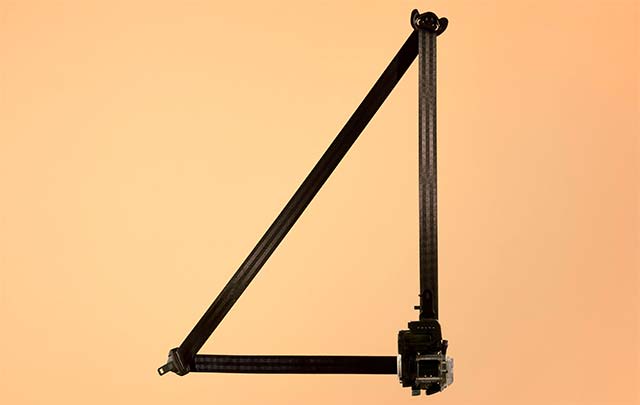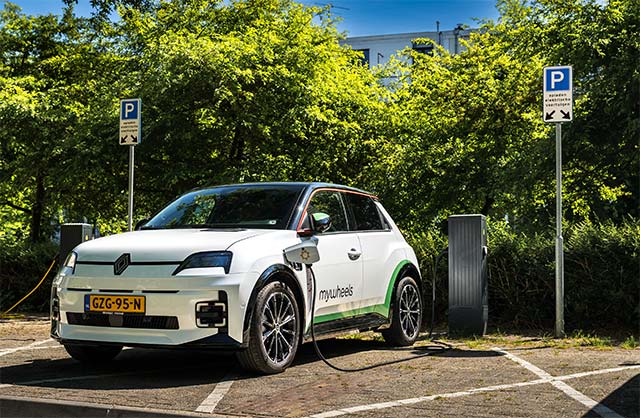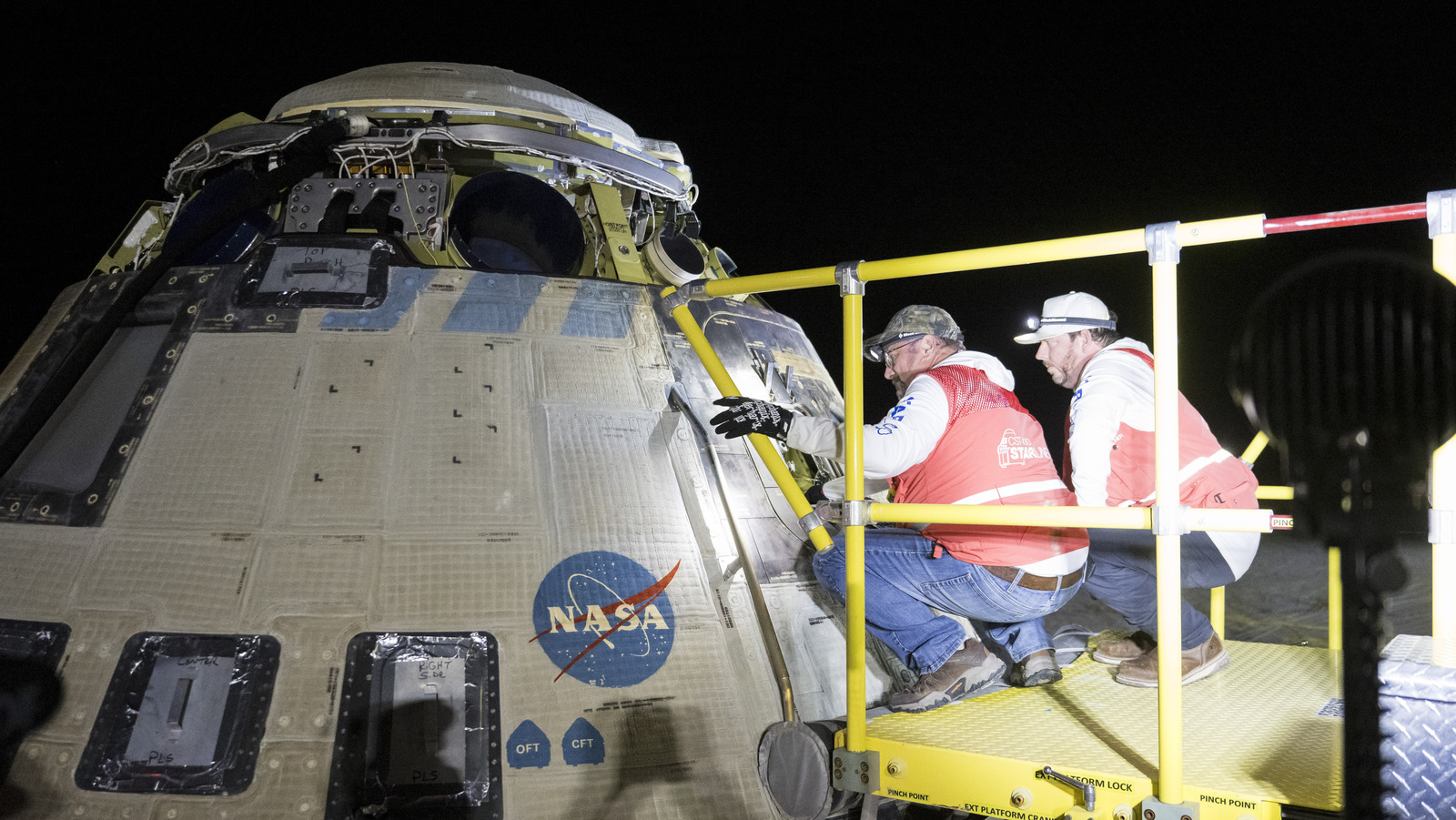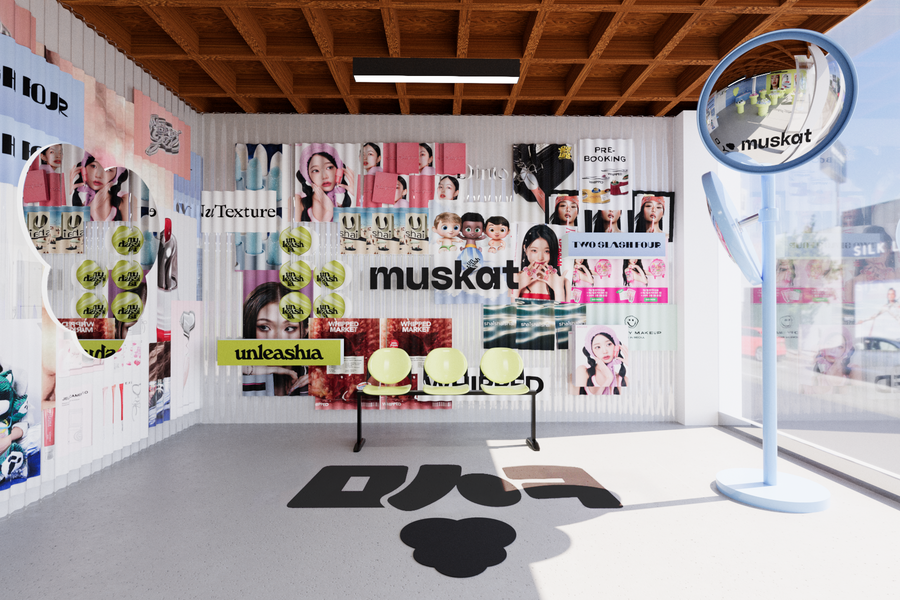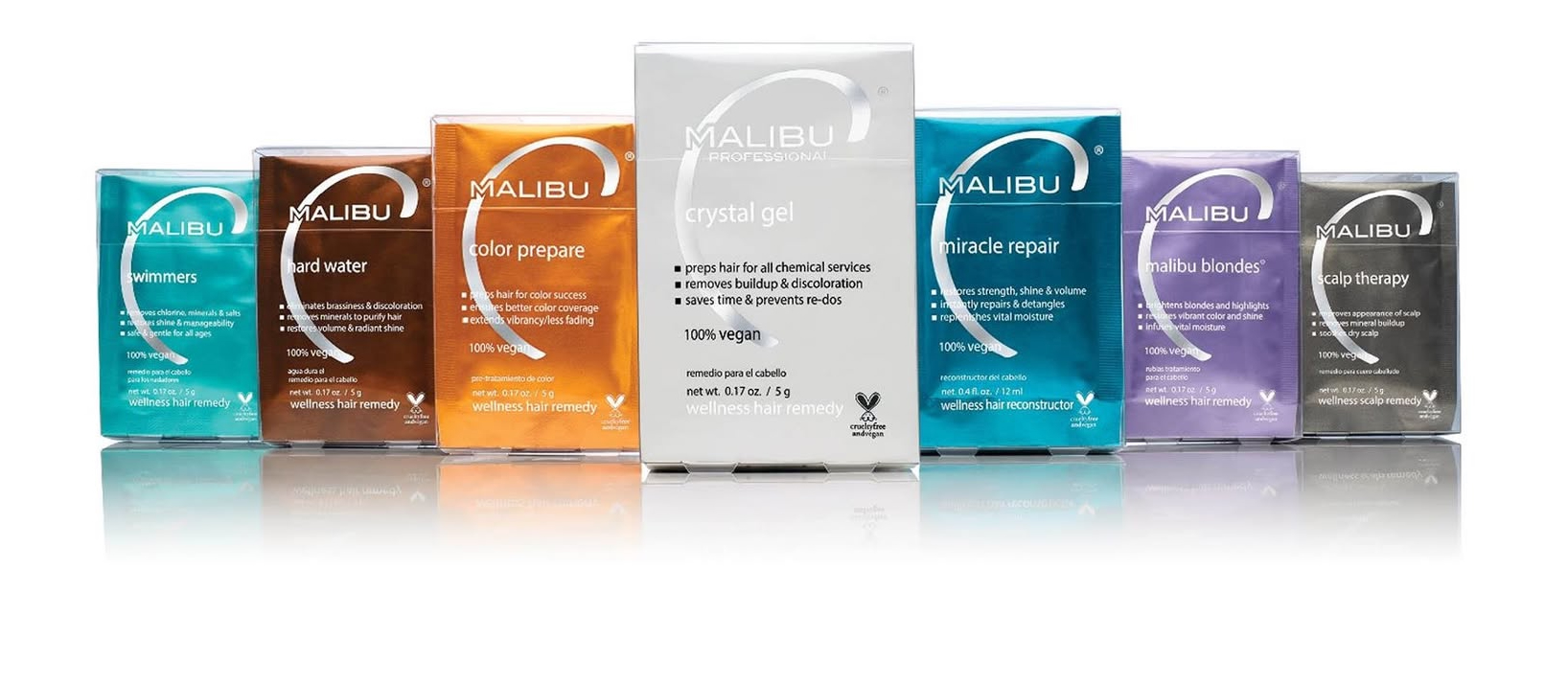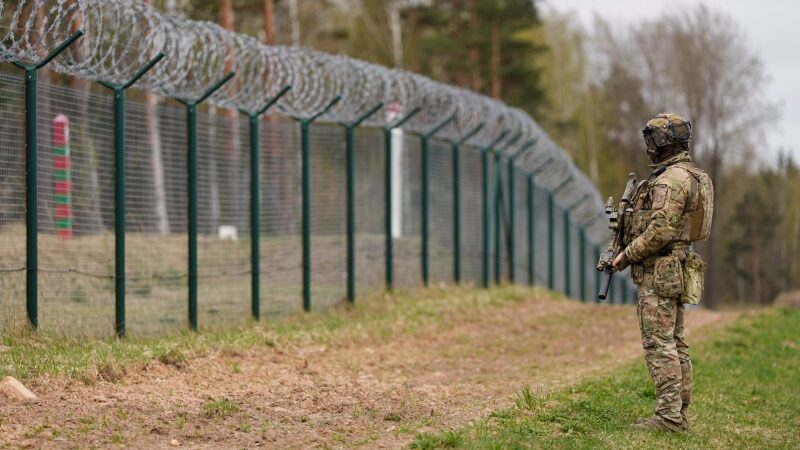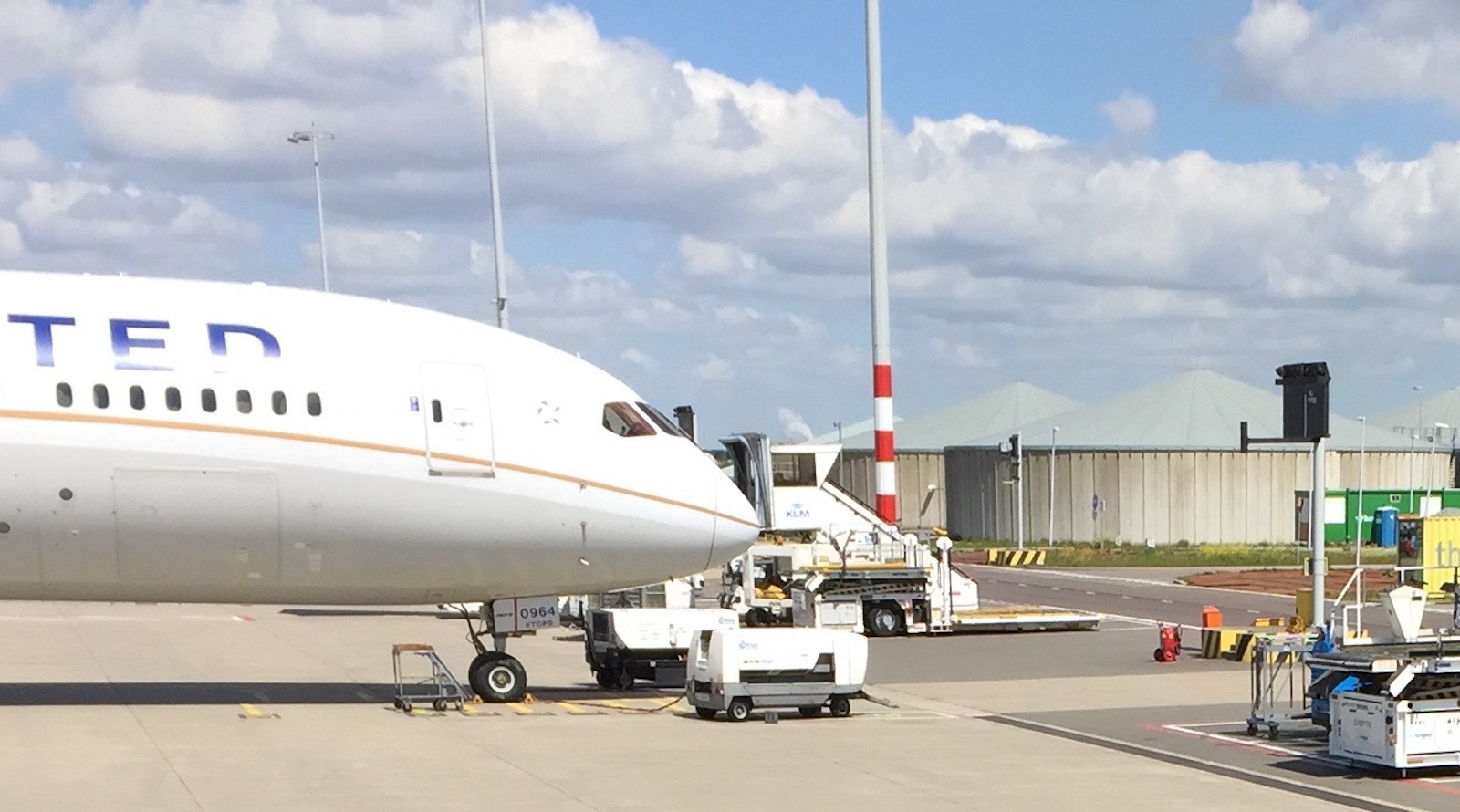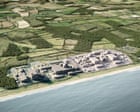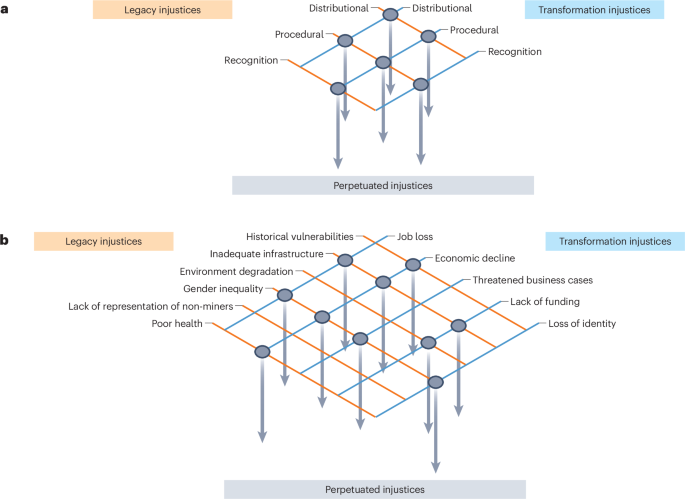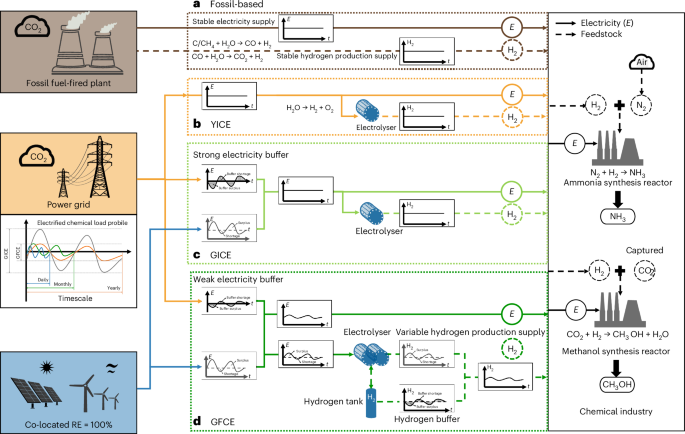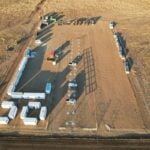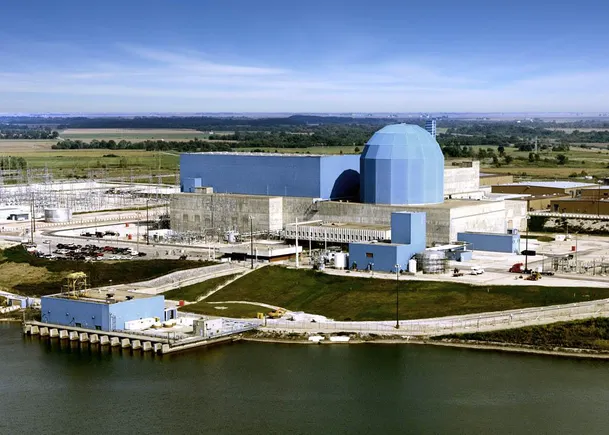Implementing BMP‐7 Chemically Modified RNA for Bone Regeneration with 3D Printable Hyaluronic Acid‐Collagen Granular Gels
Advanced Healthcare Materials, EarlyView.

This study developed 3D-printable THA-Col microgels for delivering BMP-7 cmRNA. The key result is that hMSCs transfected on the biomaterials showed BMP-7 secretion levels comparable to pre-transfected hMSCs, therefore introducing a cmRNA-activated matrix to promote bone healing. This approach holds potential for creating patient-specific bone graft substitutes, offering an alternative to autologous bone grafting and protein delivery.
Abstract
Chemically modified RNA (cmRNA) is emerging as a more effective alternative to protein delivery and DNA-based gene therapy. To implement this technology for bone regeneration, a suitable biomaterial functioning as scaffold and delivery system is necessary. This study introduces a 3D printable granular hydrogel consisting of hyaluronic acid and collagen (THA-Col) for the delivery of bone morphogenetic protein (BMP)-7 cmRNA as activated matrix to promote bone healing. Granular hydrogels are produced by mechanically fragmenting bulk THA-Col gels. Resulting microgels are 3D printable and are further investigated in comparison to bulk THA-Col gels for BMP-7 cmRNA transfection efficiency, cytotoxicity, and osteogenic differentiation of human mesenchymal stromal cells (hMSCs). Microgels showed higher cell viability than bulk gels, while both bulk and microgels could support transfection with BMP-7. During in vitro osteogenic differentiation, hMSCs on microgels showed higher production of alkaline phosphatase (ALP) compared to bulk gels. The combination of microgels loaded with BMP-7 cmRNA introduced in this work holds significant potential toward the development of patient-specific bone graft substitutes to replace autologous bone grafting and protein delivery.






















